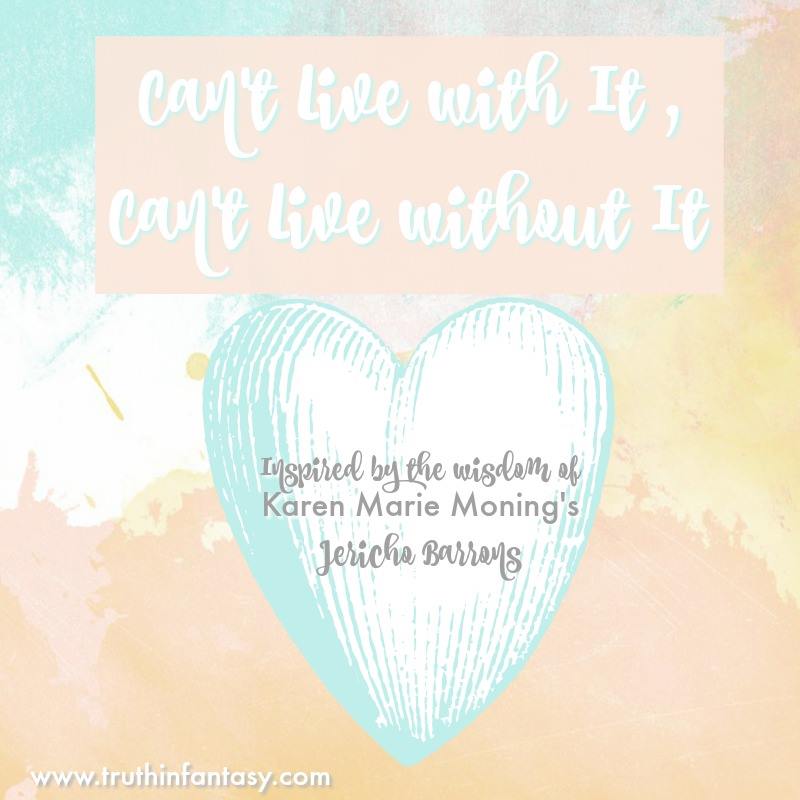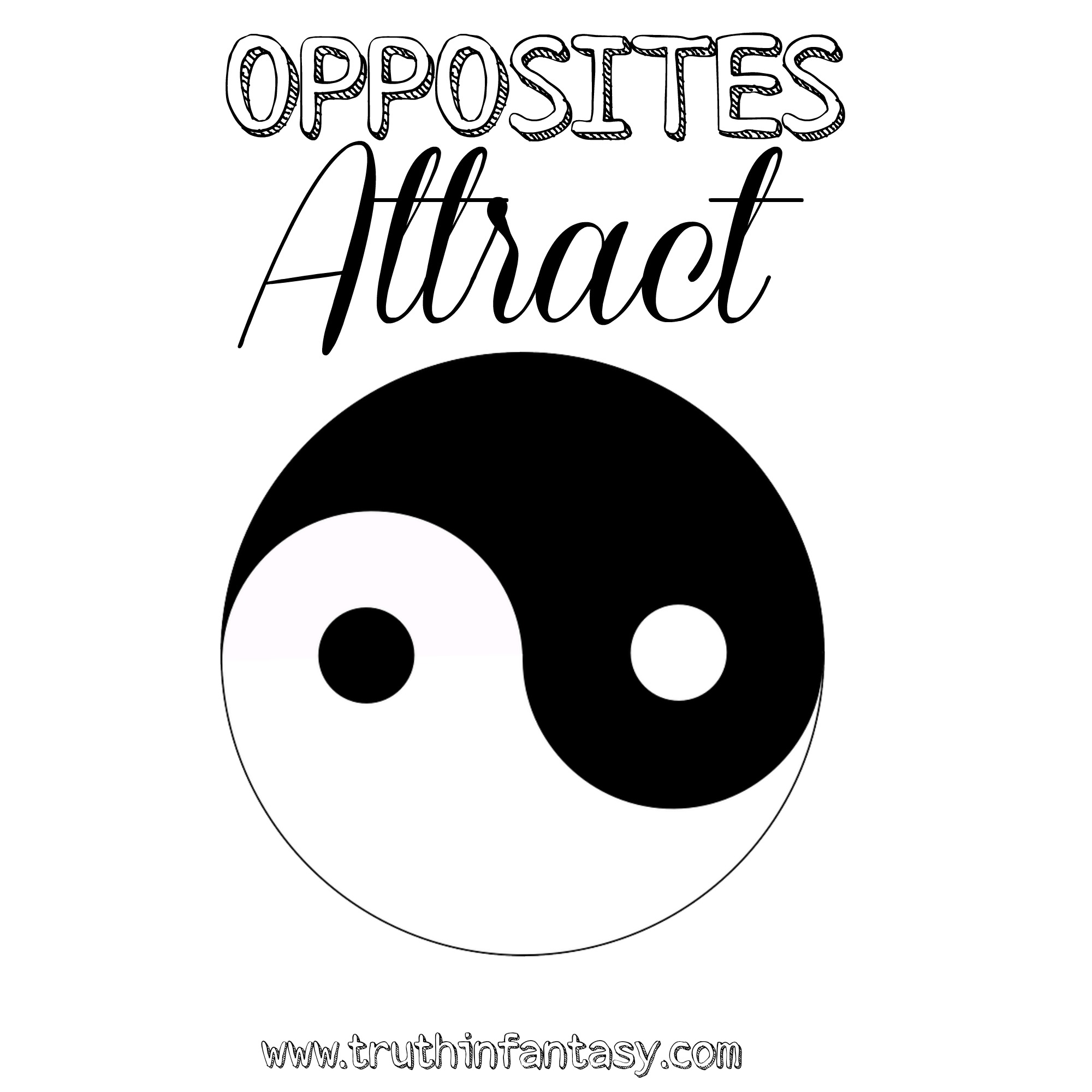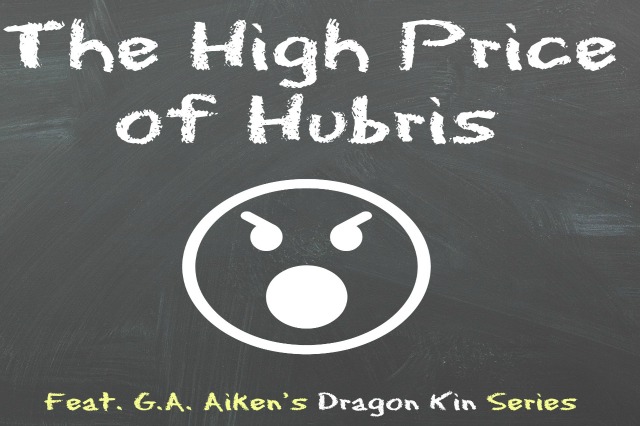I'm still thinking about Kresley Cole's book, No Rest for the Wicked, part of the Immortals After Dark series. I talked about Kaderin the Cold (aka Kaderin the Coldhearted) last week, and her quest to turn back time and resurrect her slain sisters. Today, I'm contemplating her title. Kaderin is Cold because she was struck icy after the death of her sisters. In her pain and guilt over their passing, Kaderin prayed to whomever was listening in the hope of relieving her wrenching grief. Apparently, someone heard her, and just like that, Kaderin’s grief, sorrow, pain, and guilt vanished. But so did all of her feelings, not just the unpleasant ones. For a thousand years, Kaderin has felt nothing. She calls this her "blessing." Her family and friends call it a curse. I started to wonder about the winner of this name game. Feelings are funny things. We love them when they feel good, and avoid them like the plague when they feel bad. We identify with them, as if our feelings were all that we are - which would suck, by the way, if it were true. Some of us believe them to be ground truth. Others do their best to deny their existence… only for it all to come out sideways in the end, because, hey, we're not Vulcans. We indulge our feelings, restrain our feelings, become slaves to them, try to detach from them, and generally make a mess of the whole thing more often than not. So, what would it feel like to feel nothing?
When I was pregnant, I had to have a minor surgery to safeguard my babies. Because I was pregnant, general anesthesia was not an option, so I had a spinal block instead. The cordial anesthesiologist explained to me that I would feel nothing below my waist and that I wouldn't be able to move my hips or legs. "Alrighty then," I thought to myself. "No problemo," I replied. Well, in the event, problemo grande, with me hyperventilating and thrashing my upper body around wildly while I had a full blown panic attack on the operating table (I'm told by my doctor friends that they strongly prefer unconscious patients. I can see why). That kind anesthesiologist pulled me off the ceiling, and talked me down to earth, assuring me I was okay--even though I COULDN'T FEEL MY LEGS!-- and then held my hand and talked to me through the whole ordeal. So, my brief experience with not feeling was fairly horrendous – and not just for me.
But what if we weren't talking about physical feeling, but emotions instead? What if we could eradicate the heartbreak, the grief, the guilt, the shame, the anxiety and fear, the frustration, impatience, disgust, annoyance, overwhelm, regret, pain and discomfort. Wouldn't that be lovely?
Many of us (and I am a prime offender here, so I know from whence I speak) run as fast as we can away from anything that feels even mildly unpleasant, much less uncomfortable or painful. In fact, we behave in ways that can become compulsive or downright addictive when we make a habit of hiding from our feelings. Yep, the root of addiction is a desire to anesthetize our uncomfortable feelings. And we do it without a nice doctor holding our hands, like my anesthesiologist during that nasty surgery. We do addiction all by our lonesomes, for the most part. And isn't that fun? No, no it's not. But then we are stuck, not feeling our feelings until they erupt in an explosion of self-hatred we are powerlessness to stop. I don't recommend it at all.
But what about the good feelings, you may ask? Isn't it fun to pursue those? Doesn't that make us happy? In reply, I have two words for you: Paris Hilton. Now, there's a gal who has the ability to chase pleasure all over the world. She's the original trend-setting jet-setter. Yet, she doesn't look all that happy from my vantage point, not that I'm spending a whole lot of time looking. But hedonistic hunting--the unrelenting pursuit of pleasure without meaning--is pretty awful, to tell the truth. In the end, it just doesn't feel good--although it might take a while to get to that point, admittedly. And it might be fun to check it out for a while, certainly. But in in the final analysis, that way lies madness. I repeat, Paris Hilton.
So where is the path between Scylla and Charybdis? How do we face our unpleasant feelings and avoid the meaningless pursuit of the pleasant ones? Why are you asking me? Actually, I've given this some thought (shocked you are). I've determined a few things about the nature of feelings. First, I believe whole-heartedly that feelings are not facts. We absolutely do not need to act on them, no matter how compelling they feel. We can just let them flow through us. We can just feel them. They will eventually pass, just as everything does. Moreover, the more we allow our feelings to flow through us, rather than trying to avoid them or wallow in them, the better we feel.
Feeling our feelings makes us feel better. If the feelings are good, then we can enjoy the experience of feeling them. If they are bad, the sooner we let them permeate our beings, the faster they dissipate. Sometimes, like with grief, we need to learn to live with them, sometimes forever. At other times, like with love, we find our capacity to feel expands with increased use. My heart swelled to accommodate the love that engulfed me for my kids. I feel confident that if I'd had more children, my heart would have stretched commensurately – it is a muscle after all.
We are not our feelings and we can learn to detach from them as the yogis and Buddhists teach us. In the end, being human means having feelings--the good, the bad and the excruciating. It's all part of this wild ride we call life. And I wouldn't change it for the world. So bring it on. I would never want to be Kaderin the Cold. Her "blessing" is a curse from my perspective. And while I don't want to give anything away, I will say that Kaderin comes to see it my way in the end. Smart immortal.



















